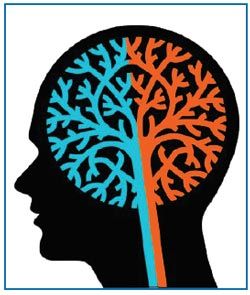Daylight Savings Time and Its Effects on Wandering

Director of Wanderer's Safety Program
The transition from Standard to Daylight Savings Time is disruptive for many of us. For those with Alzheimer’s disease and related dementias, the transition can create confusion, making the caregiver’s difficult job even harder. And during these longer days, when the weather is warm, there is greater risk that a person with dementia may wander — one of the greatest concerns of family and professional caregivers
Last month, on a warm and sunny morning, CaringKind received a missing person report for Mr. T, whose daily routine included a 30-minute walk whenever the weather permitted. Mr. T greatly enjoyed his walks.

Mr. T was very quiet as they left the house. As they walked, Sandra noticed Mr. T’s pace was a little faster then normal. Sandra looked at her watch and saw they had been walking for over an hour. She did not want Mr. T to get dehydrated, so they stopped at a coffee shop for a cold beverage. While waiting for their order, Sandra asked Mr. T if his legs were tired. He said no, but with more agitation than usual. Sandra was puzzled.
When Sandra went to pick up their order from the food counter, Mr. T wandered out of the coffee shop, vanishing from sight. Because it was a beautiful day and the evening temperatures remained very comfortable, he wandered into the late hours of the night.
When the New York City Police Department canvassed the area, an officer noticed a man sitting on a park bench. The officer was carrying Mr. T’s picture. He walked closer and saw a bracelet with an orange Caduceus symbol with the words Medic Alert. The officer identified Mr. T and notified Sandra and his family. All were greatly relieved.
When someone goes missing it is an emotional and stressful time for caregivers and family members. Mt. T’s story shows how enrolling the person you care for in the MedicAlert® NYC Wanderer’s Safety Program provides a priceless safety net. The Wanderer’s Safety Program’s low-tech identification product provides emergency responders and emergency room staff with the person’s name and an identification number along with the number for MedicAlert’s 24-Hour Emergency Response Hotline, which assists in finding people who have wandered or who have a medical emergency.
For more information or to enroll someone into the MedicAlert NYC Wanderer’s Safety Program, please call our 24-hour Helpline at 646-744-2900 or visit www.caringkindnyc.org/wandersafety.
